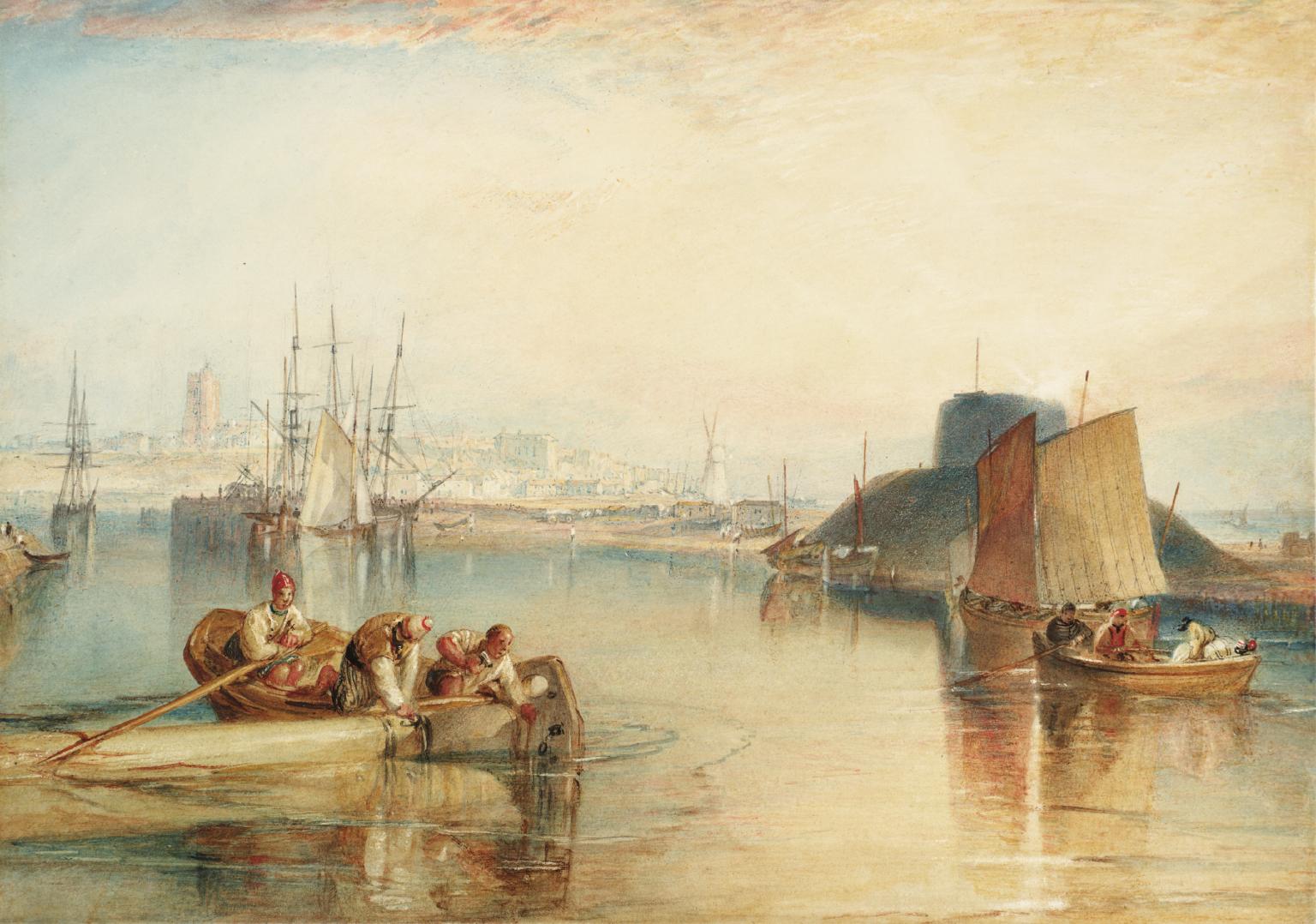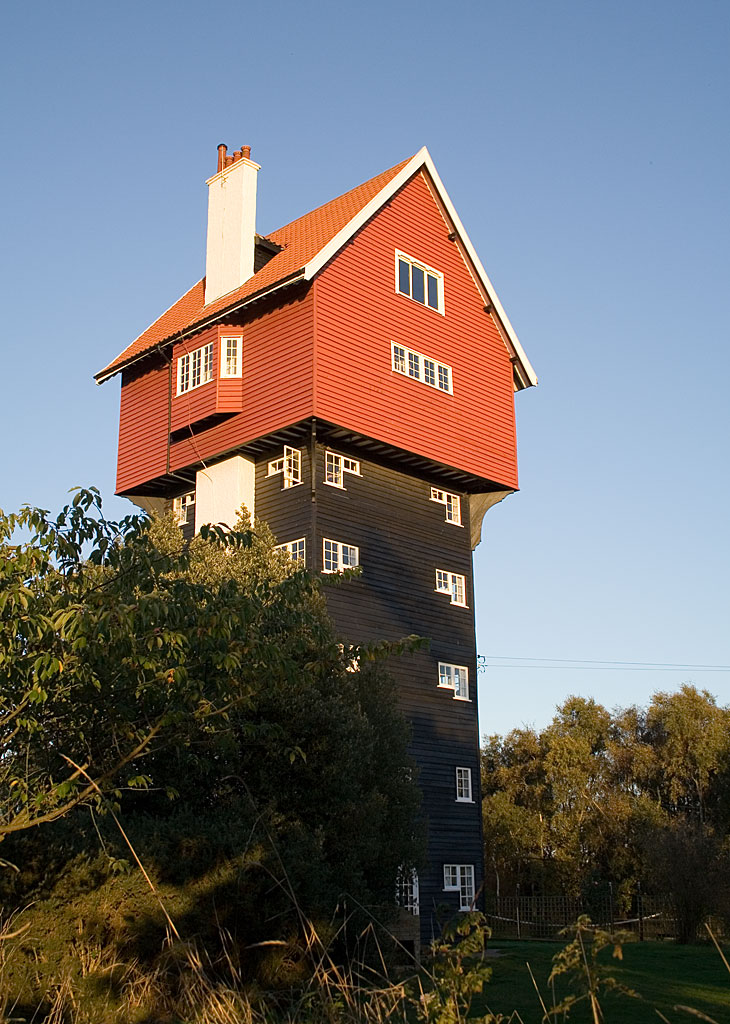|
Aldeburgh, Suffolk
Aldeburgh ( ) is a coastal town in the county of Suffolk, England. Located to the north of the River Alde. Its estimated population was 2,276 in 2019. It was home to the composer Benjamin Britten and remains the centre of the international Aldeburgh Festival of arts at nearby Snape Maltings, which was founded by Britten in 1948.Aldeburgh Town Council Retrieved 9 January 2016.Archives Hub Retrieved 7 March 2019. It also hosts an annual poetry festival and several food festivals and other events. Aldeburgh, as a port, gained borough status in 1529 under |
Moot Hall, Aldeburgh
The Moot Hall is a municipal building in Market Cross Place in Aldeburgh, Suffolk, England. The building, which is the meeting place of Aldeburgh Town Council, is a Grade I listed building. History The building The building was designed in the Tudor style, built using timber frame construction techniques with wattle and daub and brick nog infilling, and was completed around 1520. The design involved an asymmetrical main frontage facing west onto Market Cross Place. On the ground floor, the left-hand section featured six arched openings, the first four of which were later infilled with two-light casement windows and the last two of which were infilled by doorways. The right-hand section featured an external staircase, with a pentice roof, providing access to the first floor. On the first floor, which was jettied out over the pavement, the two bays to the left of the doorway and the bay to its right were fenestrated by three-light mullioned casement windows. Internally, the groun ... [...More Info...] [...Related Items...] OR: [Wikipedia] [Google] [Baidu] |
Tudor Period
The Tudor period occurred between 1485 and 1603 in England and Wales and includes the Elizabethan period during the reign of Elizabeth I until 1603. The Tudor period coincides with the dynasty of the House of Tudor in England that began with the reign of Henry VII (b. 1457, r. 14851509). Historian John Guy (1988) argued that "England was economically healthier, more expansive, and more optimistic under the Tudors" than at any time since the Roman occupation. Population and economy Following the Black Death and the agricultural depression of the late 15th century, the population began to increase. In 1520, it was around 2.3 million. By 1600 it had doubled to 4 million. The growing population stimulated economic growth, accelerated the commercialisation of agriculture, increased the production and export of wool, encouraged trade, and promoted the growth of London. The high wages and abundance of available land seen in the late 15th century and early 16th century were replac ... [...More Info...] [...Related Items...] OR: [Wikipedia] [Google] [Baidu] |
Orford Ness
Orford Ness is a cuspate foreland shingle spit on the Suffolk coast in Great Britain, linked to the mainland at Aldeburgh and stretching along the coast to Orford and down to North Weir Point, opposite Shingle Street. It is divided from the mainland by the River Alde, and was formed by longshore drift along the coast. The material of the spit comes from places further north, such as Dunwich. Near the middle point of its length, at the foreland point or 'Ness', once stood Orfordness Lighthouse, demolished in summer 2020 owing to the encroaching sea. In the name of the lighthouse (and the radio transmitting station – see below), 'Orfordness' is written as one word. Description Orford Ness is an internationally important site for nature conservation. It contains a significant portion of the European reserve of vegetated shingle habitat, which is internationally scarce, highly fragile, and very easily damaged. Together with Havergate Island the site is a designated National ... [...More Info...] [...Related Items...] OR: [Wikipedia] [Google] [Baidu] |
Thorpeness
Thorpeness is a seaside village in the East Suffolk district of Suffolk, England, which developed in the early 20th century into an exclusive holiday village. It belongs to the parish of Aldringham cum Thorpe and lies within the Suffolk Coast and Heaths AONB. Development ''For the earlier history of Thorpe, see Aldringham-cum-Thorpe.'' The village was a small fishing hamlet originating in the late 19th century, with folk tales of it being a route for smugglers into East Anglia. However in 1910, Glencairn Stuart Ogilvie, a Scottish barrister whose father had made a fortune building railways around the world, increased the family's local estates to cover the entire area from north of Aldeburgh to past Sizewell, up the coast and inland to Aldringham and Leiston. Most of this land was used for farming, but Ogilvie developed Thorpeness into an elite private fantasy holiday village, to which he invited his friends' and colleagues' families during the summer months. An exclusiv ... [...More Info...] [...Related Items...] OR: [Wikipedia] [Google] [Baidu] |
Leiston
Leiston ( ) is an English town in the East Suffolk (district), East Suffolk non-metropolitan district of Suffolk, near Saxmundham and Aldeburgh, about from the North Sea coast, north-east of Ipswich and north-east of London. The town had a population of 5,508 at the 2011 Census. History The 14th-century remains of Leiston Abbey lie north-west of the town.Leiston Abbey English Heritage. Retrieved 30 March 2011. Leiston thrived in the late 19th and early 20th centuries as a manufacturing town, dominated by Richard Garrett & Sons, owners of Leiston Works, which boasted the world's first flow assembly line, for the manufacture of portable steam engines. The firm also made steam tractors and a huge variety of cast and machined metal products, including munitions during bot ... [...More Info...] [...Related Items...] OR: [Wikipedia] [Google] [Baidu] |
Lowestoft
Lowestoft ( ) is a coastal town and civil parish in the East Suffolk district of Suffolk, England.OS Explorer Map OL40: The Broads: (1:25 000) : . As the most easterly UK settlement, it is north-east of London, north-east of Ipswich and south-east of Norwich, and the main town in its district. The estimated population in the built-up area exceeds 70,000. Its development grew with the fishing industry and as a seaside resort with wide sandy beaches. As fishing declined, oil and gas exploitation in the North Sea in the 1960s took over. While these too have declined, Lowestoft is becoming a regional centre of the renewable energy industry. History Some of the earliest signs of settlement in Britain have been found here. Flint tools discovered in the Pakefield cliffs of south Lowestoft in 2005 allow human habitation of the area to be traced back 700,000 years.S. Parfitt et al. (2006'700,000 years old: found in Pakefield', ''British Archaeology'', January/February 2006. Retri ... [...More Info...] [...Related Items...] OR: [Wikipedia] [Google] [Baidu] |
Ipswich
Ipswich () is a port town and borough in Suffolk, England, of which it is the county town. The town is located in East Anglia about away from the mouth of the River Orwell and the North Sea. Ipswich is both on the Great Eastern Main Line railway and the A12 road; it is north-east of London, east-southeast of Cambridge and south of Norwich. Ipswich is surrounded by two Areas of Outstanding Natural Beauty (AONB): Suffolk Coast and Heaths and Dedham Vale. Ipswich's modern name is derived from the medieval name ''Gippeswic'', probably taken either from an Anglo-Saxon personal name or from an earlier name given to the Orwell Estuary (although possibly unrelated to the name of the River Gipping). It has also been known as ''Gyppewicus'' and ''Yppswyche''. The town has been continuously occupied since the Saxon period, and is contested to be one of the oldest towns in the United Kingdom.Hills, Catherine"England's Oldest Town" Retrieved 2 August 2015. Ipswich was a settlem ... [...More Info...] [...Related Items...] OR: [Wikipedia] [Google] [Baidu] |
London
London is the capital and List of urban areas in the United Kingdom, largest city of England and the United Kingdom, with a population of just under 9 million. It stands on the River Thames in south-east England at the head of a estuary down to the North Sea, and has been a major settlement for two millennia. The City of London, its ancient core and financial centre, was founded by the Roman Empire, Romans as ''Londinium'' and retains its medieval boundaries.See also: Independent city#National capitals, Independent city § National capitals The City of Westminster, to the west of the City of London, has for centuries hosted the national Government of the United Kingdom, government and Parliament of the United Kingdom, parliament. Since the 19th century, the name "London" has also referred to the metropolis around this core, historically split between the Counties of England, counties of Middlesex, Essex, Surrey, Kent, and Hertfordshire, which largely comprises Greater London ... [...More Info...] [...Related Items...] OR: [Wikipedia] [Google] [Baidu] |
North Sea
The North Sea lies between Great Britain, Norway, Denmark, Germany, the Netherlands and Belgium. An epeiric sea on the European continental shelf, it connects to the Atlantic Ocean through the English Channel in the south and the Norwegian Sea in the north. It is more than long and wide, covering . It hosts key north European shipping lanes and is a major fishery. The coast is a popular destination for recreation and tourism in bordering countries, and a rich source of energy resources, including wind and wave power. The North Sea has featured prominently in geopolitical and military affairs, particularly in Northern Europe, from the Middle Ages to the modern era. It was also important globally through the power northern Europeans projected worldwide during much of the Middle Ages and into the modern era. The North Sea was the centre of the Vikings' rise. The Hanseatic League, the Dutch Republic, and the British each sought to gain command of the North Sea and access ... [...More Info...] [...Related Items...] OR: [Wikipedia] [Google] [Baidu] |
Royal Observer Corps
The Royal Observer Corps (ROC) was a civil defence organisation intended for the visual detection, identification, tracking and reporting of aircraft over Great Britain. It operated in the United Kingdom between 29 October 1925 and 31 December 1995, when the Corps' civilian volunteers were stood down (ROC headquarters staff at RAF Bentley Priory stood down on 31 March 1996). Composed mainly of civilian spare-time volunteers, ROC personnel wore a Royal Air Force (RAF) style uniform and latterly came under the administrative control of RAF Strike Command and the operational control of the Home Office. Civilian volunteers were trained and administered by a small cadre of professional full-time officers under the command of the Commandant Royal Observer Corps; latterly a serving RAF Air Commodore. Overview In 1925, following a Defence Committee initiative undertaken the previous year, the formation of an RAF command concerning the Air Defence of Great Britain led to th ... [...More Info...] [...Related Items...] OR: [Wikipedia] [Google] [Baidu] |
Sea Venture
''Sea Venture'' was a seventeenth-century English sailing ship, part of the Third Supply mission to the Jamestown Colony, that was wrecked in Bermuda in 1609. She was the 300 ton purpose-built flagship of the London Company and a highly unusual vessel for her day, given that she was the first single timbered merchantman built in England, and also the first dedicated emigration ship. ''Sea Venture''s wreck is widely thought to have been the inspiration for William Shakespeare's play ''The Tempest''. The Virginia Company The proprietary of the London Company had established the settlement of Jamestown in Virginia in 1607, and delivered supplies and additional settlers in 1608, raising the English colony's population to 200, despite many deaths. The entire operation was characterized by a lack of resources and experience. The company's fleet was composed of vessels that were less than optimal for delivering large numbers of passengers across the Atlantic Ocean, and the colony i ... [...More Info...] [...Related Items...] OR: [Wikipedia] [Google] [Baidu] |






.png)
